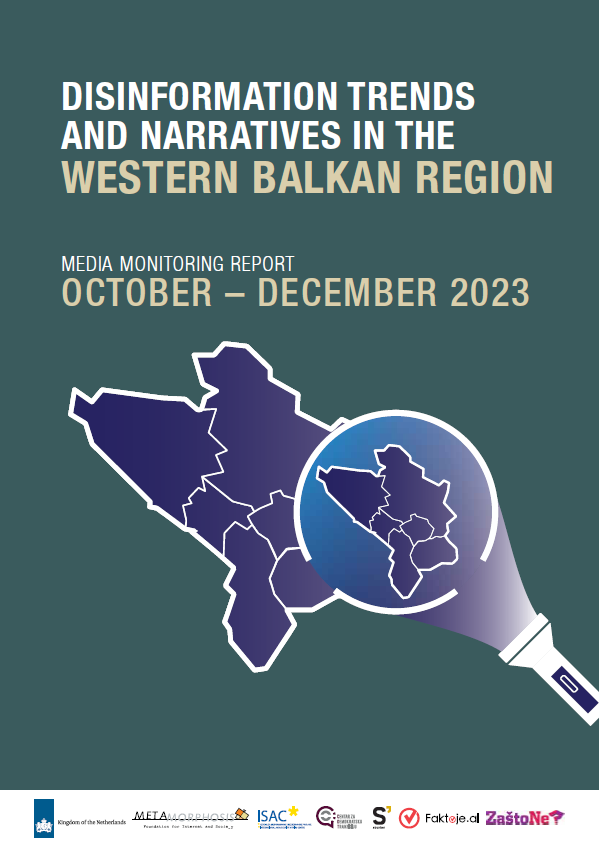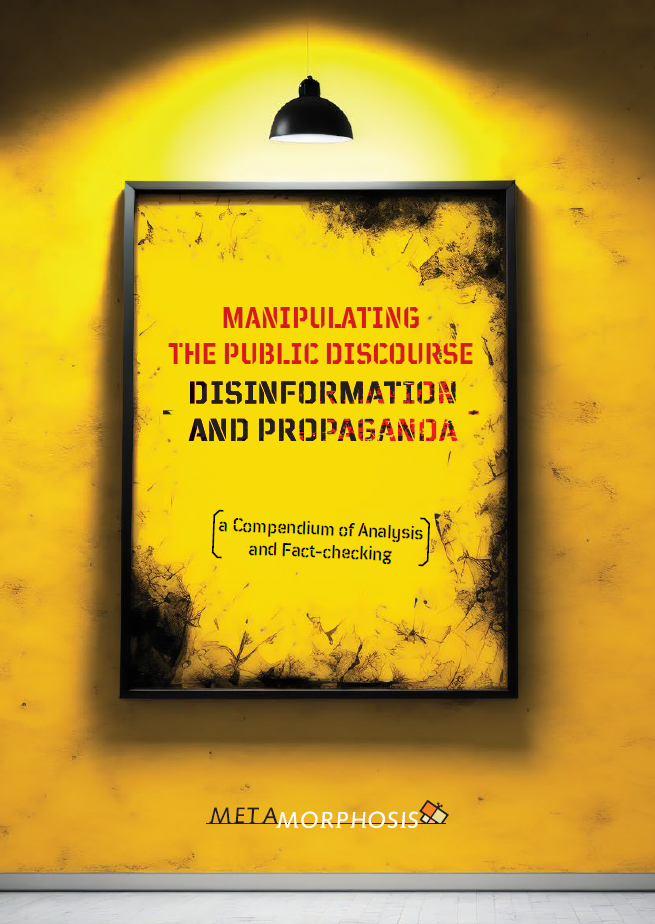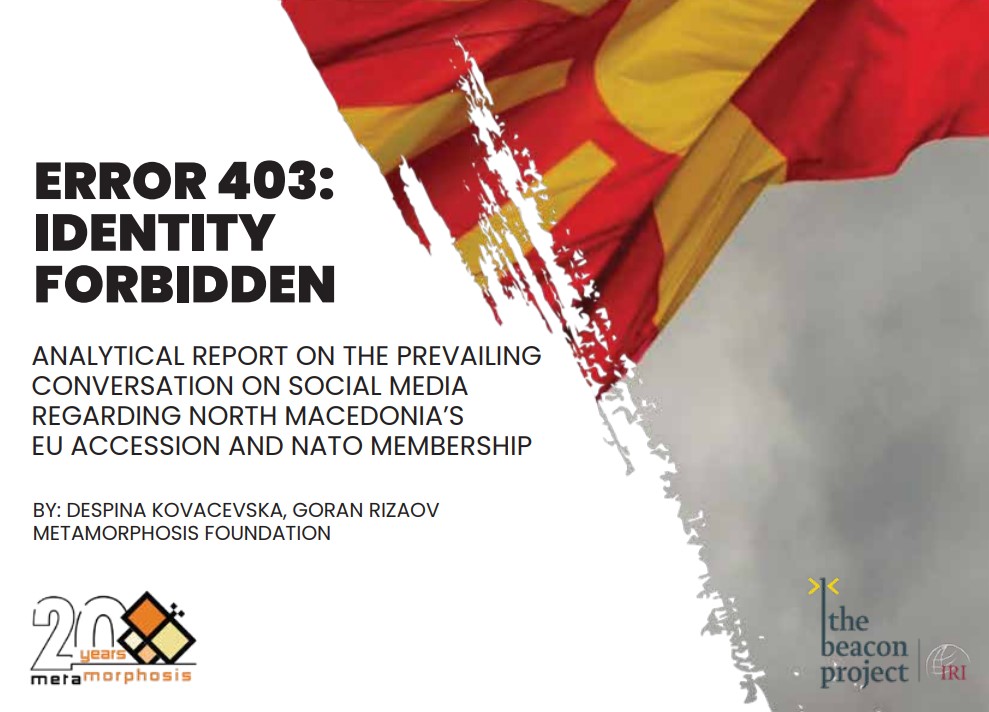During the last quarter of 2023, various external actors continued to target the societies of Western Balkans with disinformation and related manipulation tactics, through a range of influence operations by various authoritarian forces, to hybrid warfare by Russia. This monitoring report presents an overview of key disinformation trends affecting Albania, Bosnia and Herzegovina, Kosovo, Montenegro, North Macedonia, and Serbia employed by foreign antidemocracy actors, as well as their domestic proxies or allies aiming to either destabilize the region or increase their influence within it.
The armed conflict between Hamas and Israel that escalated on October 7 brought about a whole new wave disinformation in the Balkans, spread by already active propagators of anti- Western narratives. Russia benefited from the distracted international attention toward these developments, as media diverted their coverage to Middle East, reducing their reporting about the war in Ukraine. This experience might incite the Kremlin to provoke further conflicts, especially through its proxies in the Balkans.
Despite a decline in the number of disinformation articles related to the Russian war in Ukraine, persistent narratives continue to circulate across the Western Balkans media landscape and the social networks. The predominant narrative seeks to undermine Zelenskyy, portraying him as a “corrupt and dishonest politician” and emphasize a high level of corruption within Ukraine, while presenting Russia as invincible. The objective is to foster discontent among the population, potentially swaying Western Balkan governments to reconsider their support or cease aid to Ukraine. The overarching goal is to shape a negative perception of Ukraine and the West, esp. NATO, EU and USA, generating support for Russia’s geopolitical goals in the region.
The second most prevalent topic revolved around the war between Israel and Hamas. The widespread dissemination of fabricated photos and videos from the actual conflict presented a great challenge for fact-checkers, complicating their efforts to differentiate between disinformation and the actual situation. The events surrounding the conflict evoke emotional reactions from readers. Foreign malicious actors, seizing this opportunity, have exploited the narrative by attributing the conflict to the West and depicting them as ‘’financiers of the war’’.
Disinformation and fearmongering regarding a potential war in the Balkans have re-emerged in the reporting period. Alongside accusations directed at the Kosovo government for the challenging conditions of Kosovo Serbs, the narratives have expanded to blacken all ethnic Albanians, incorporating the familiar threat of a “Greater Albania.” Many of these disinformation articles not only have the potential to disrupt the democratic process of a country and instil pro-authoritarian sentiment, but also to cause violence and provoke radicalization inside and outside the borders. That makes mapping and monitoring crucial for better understanding and building resilience against these malign influences. Most of these hot topics of disinformation cannot involves narratives connected to Russia. The primary objective behind these narratives and false claims is to bolster the image of Russian power, highlighting its geopolitical influence. At the same time, it emphasizes the perceived influence that Russia holds in the Balkans introducing complexity to the regional dynamics, while proclaiming ‘weaknesses of those who oppose its aggression and imperialism.




























